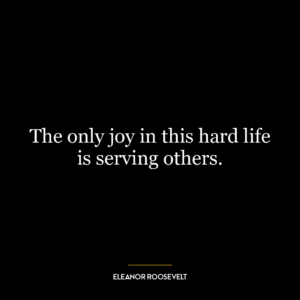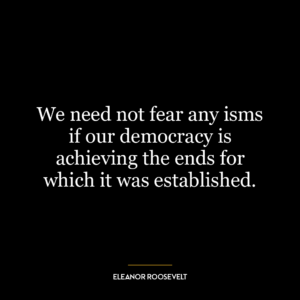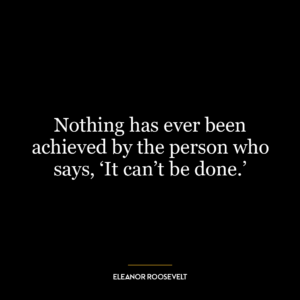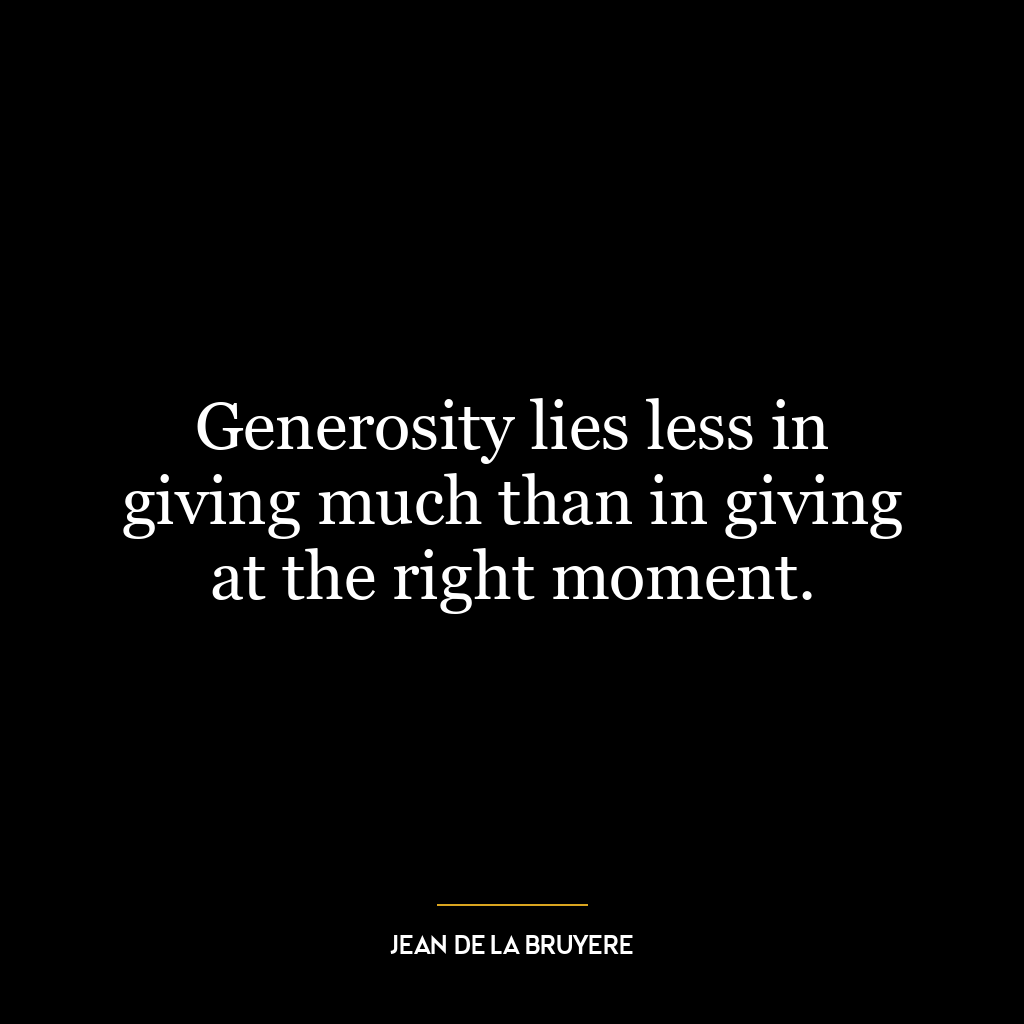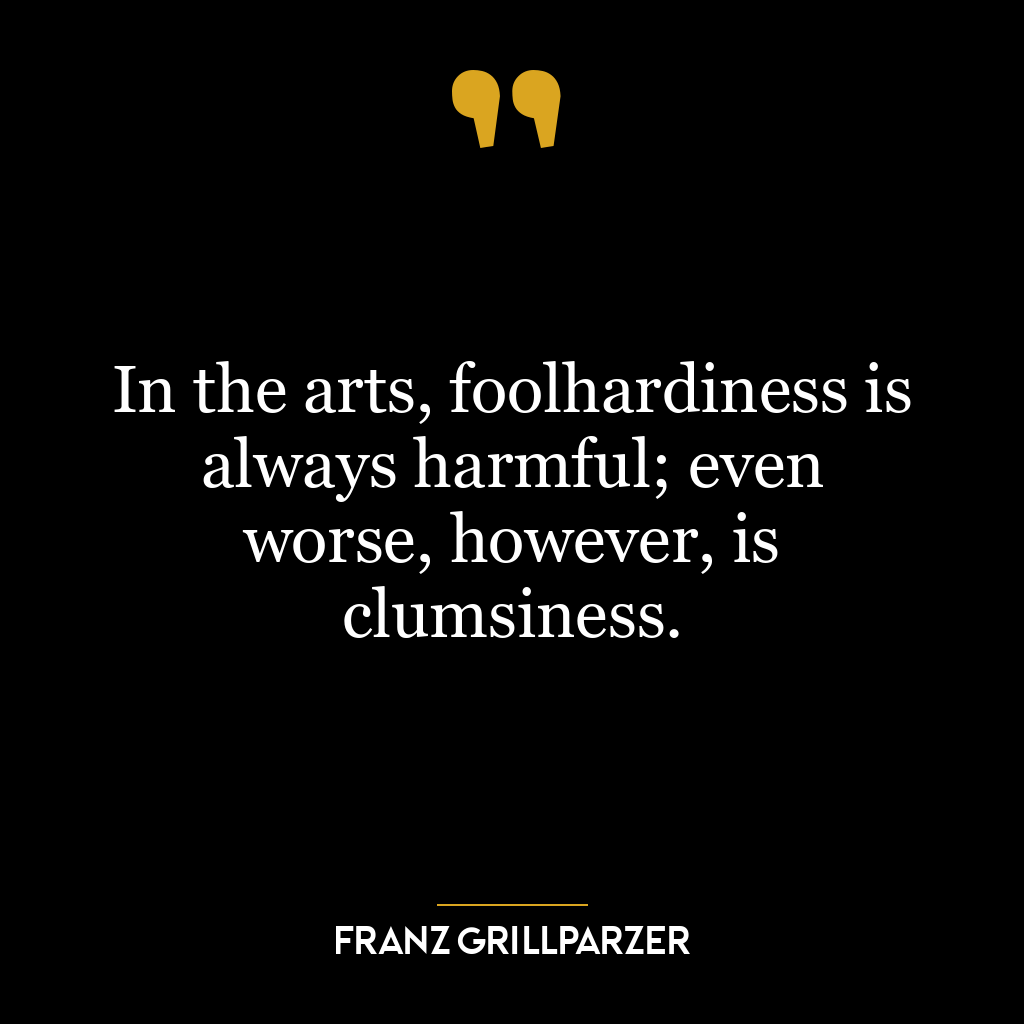This quote essentially implies that hate and force, wherever they exist, have a profound impact not only on the immediate surroundings but also on the entire world. The idea here is that these negative elements, even when confined to a certain area or group, can have ripple effects that extend far beyond their origin. This is because our world is interconnected in ways that make it impossible to isolate the impacts of such powerful forces.
This concept can be compared to throwing a stone into a pond. Even though the stone only hits a specific part of the water, the ripples spread out and affect the entire pond. Similarly, acts of hate and force, while they may initially impact a specific group or region, can lead to widespread consequences, including fear, retaliation, and a general increase in hostility and division.
In today’s world, this idea is more relevant than ever. With the rise of social media and global news coverage, acts of hate and force are immediately broadcasted worldwide, influencing perceptions and attitudes globally. For instance, a single act of terrorism, political violence, or racial hatred can incite fear and hostility in people across the world, leading to further division and conflict.
On a personal level, this quote serves as a reminder that our actions, whether positive or negative, can have far-reaching impacts. Just as acts of hate and force can spread negativity, acts of kindness and understanding can also ripple out and influence others in a positive way. It encourages individuals to be mindful of their actions and attitudes, understanding that they contribute to the larger global community.
In terms of personal development, it suggests that by choosing to reject hate and force in favor of understanding and compassion, individuals can not only improve their own lives but also potentially influence the world in a positive way. It underscores the power of individual actions and attitudes in shaping the world, reinforcing the idea that change starts with oneself.




